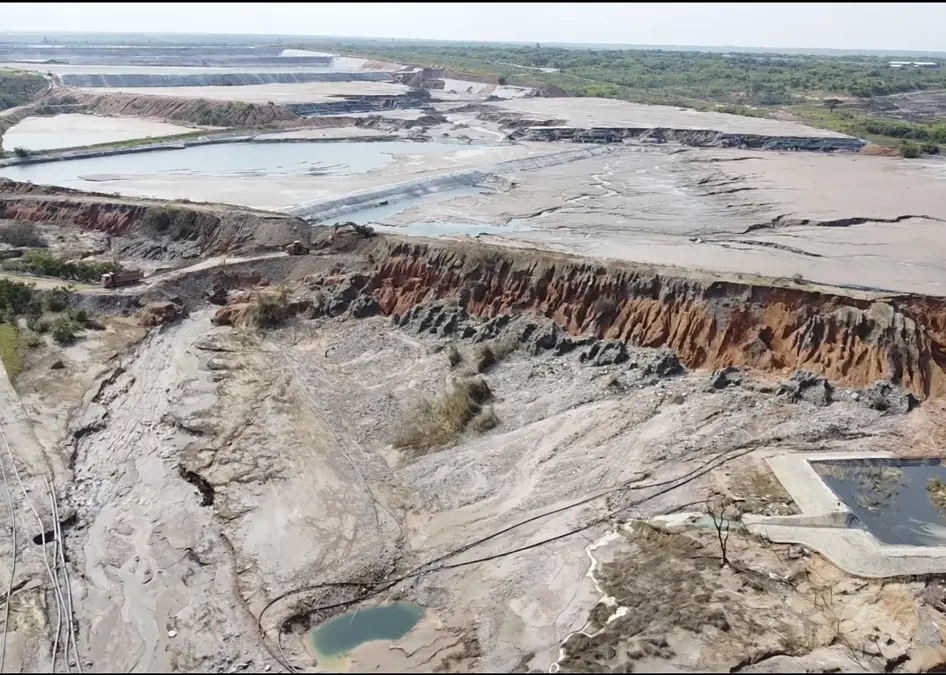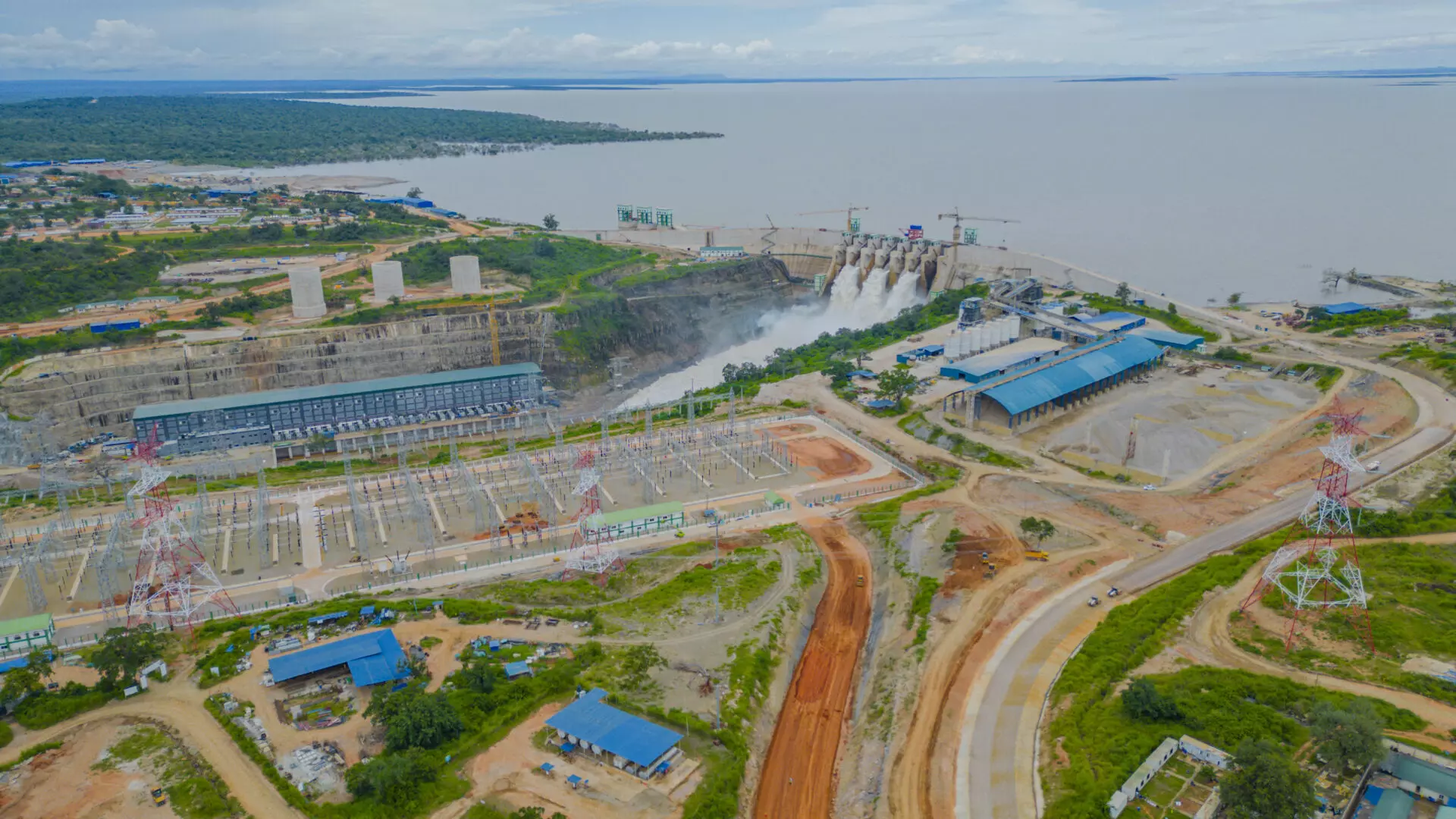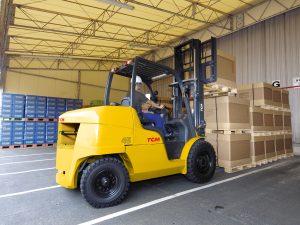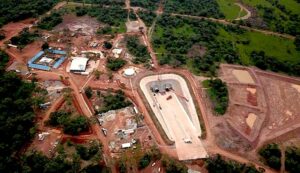Mining enters into radically collaborative partnerships to transform society
While the mining industry makes a significant contribution to South Africa’s Gross Domestic Product (GDP), the full economic impact is actually much greater. “Mining is a mining company’s core business, and mining itself is a major job generator. But its own value chain has a major spin-off not only in terms of the value it creates, but its influence on people’s lives and the social fabric,” comments Dr. Eduard Vorster, Managing Director, Resources, at leading consulting engineering and infrastructure advisory firm Zutari.
“That is probably why mining is always in the spotlight. There is some great leadership talking about factors impacting this sector of the economy and how it needs to promote a distinct view on climate and social issues, for example, and bring this all together so we have a collective good future going forward,” says Dr. Vorster.
He adds that Mining Indaba 2023, from 6 to 9 February at the Cape Town International Convention Centre, had a distinct focus on Environment, Social and Governance (ESG) issues relating to the mining industry. “There were interesting discussions around what the industry intends to do and what plans are immediately implementable. For me, this was the first time that there was a really clear direction and alignment of everybody towards that particular goal, which then also affects the choice of investment in commodities and their economic role.”
Dr. Vorster says the mining industry is interested in radically collaborative partnerships to address not only ESG issues, but the larger Just Energy Transition. For example, mining companies are not only generating their own power, but becoming directly involved in their logistics and supply chains. “It is not just about their own businesses, although that would be a very strong driver, but they really want to be radical in their collaboration. Whereas previously they may have said well, this is your problem and you need to give me the solution, now they want to really get things going not only for their own sake, but for the sake of the regions and societies that they operate in. It is a good mind shift, and it has been coming over the years, but it really came to the fore at Mining Indaba 2023.”
Dr. Vorster adds that all of these drivers for infrastructure coalesce in the nexus of energy, water and logistics. “At Zutari, we are privileged to have the skill sets to deal with much of that value chain question within our own walls.” It begins with talking about climate change and progresses to formulating a strategy to become net zero carbon, or how to reduce carbon emissions, deal with water supply issues, and also engage directly with municipalities on these issues through the mechanism of the mine itself. This opens the discussion to broader concerns such as major logistics routes, how they interconnect, and what improvements can be made from an operational or project perspective. “There are few companies that can actually look at that wide value chain and add value without diluting expertise. That is what makes Zutari a little bit different in industry,” says Dr. Vorster.
Acknowledging that the logistical problems facing the mining industry are complex, Dr. Vorster says it extends well beyond a lack of maintenance in terms of the infrastructure capacity. “It is also the related security issues and the deep question of focusing not only on large established businesses, but also allowing upcoming businesses to be able to get their goods to market. These are important questions to ponder because the problem will be solved either on our own existing networks or through other new networks that will emerge as companies resolve their issues in neighbouring countries.
“It is wise for us to consider the notion of collaborating quite radically and not just think of one asset and its intrinsic value, but to consider the problem holistically. That requires partnership, wisdom and action. It cannot just be thought about and implemented at a governmental level. It requires an action grouping, which are stakeholders that require some economic value in the short time, while enabling responsible production for the future. It means doing things not just for one’s own sake, but also for sustainability in the longer run,” says Dr. Vorster. Zutari’s role in this larger discussion is that it is not only involved in the mining industry or road and rail as a strategic advisor, but has pegged its influence on the entire project value chain.
This begins from just after a company starts rolling out its internal strategy to its physical implementation and bringing all the different sectors together in a knowledge base. “That is quite unique. Our passion is deep skill, and our passion is to make an impact. What differentiates us from other competitors for instance in the mining environment is that we can leverage these interlinking deep skill sets to solve the pressing problems facing our clients and implement the solutions,” says Dr. Vorster.
One also needs to lead boldly. Zutari, for example, is publishing its second sustainability report this year. “We do not have to because we are not a listed company, but we are making a strong stand that if you say you are going to make an impact, you need to do so in terms of a framework that is acceptable.” Zutari has chosen the UN Sustainability Development Goals as the basis of gauging itsimpact across the projects it becomes involved with.
“It is the same in the mining environment,” stresses Dr. Vorster. A smaller mining company with not as deep pockets as the seniors will have a different journey than the larger companies. However, the notion that one wants to do better and invest to increase your positive impact must be a positive journey. “As an established large mining company, your ability to make a big impact is a lot greater. We should expect those companies to make leaps and bounds in terms of technology and otherwise.”
Dr. Vorster highlights that, due to the Just Energy Transition, the discussion invariably centres on the thermal coal mining sector. He says some companies will play out their coal concessions to their end of life. Others take a much more radical view, whereby they invest in a different kind of energy source such as renewables while cleaning up the way that they mine and also the coal product they produce and linking it to the broader economic development.
Interestingly, thermal coal miners are not stating that they will stop mining or until their reserves run out, but that they are committed to offset the impact and contribute to a sustainable future for all. “It is important to make a stance. It was said so succinctly at Mining Indaba 2023 that nobody can be oblivious to the problem. It is enabling one’s own sustainable production goals as a choice. That is extremely important. Especially in Africa and even some places in the Middle East, it cannot be that radical a decision; it has to be for the good of the people and our collective greater good, otherwise it does not really happen,” concludes Dr. Vorster.
Share this content:














